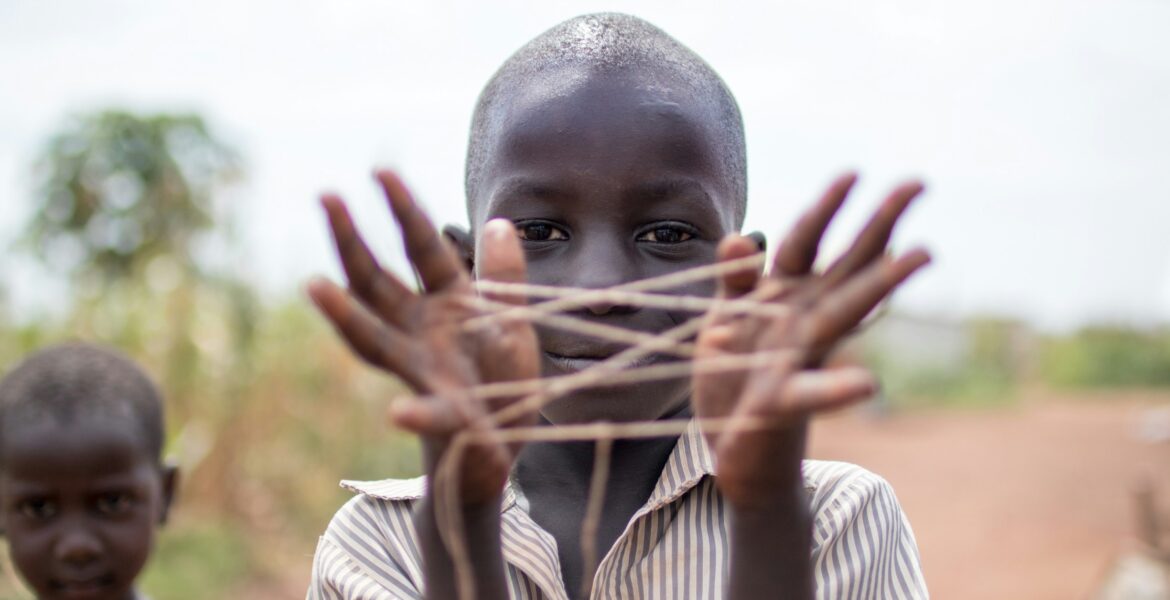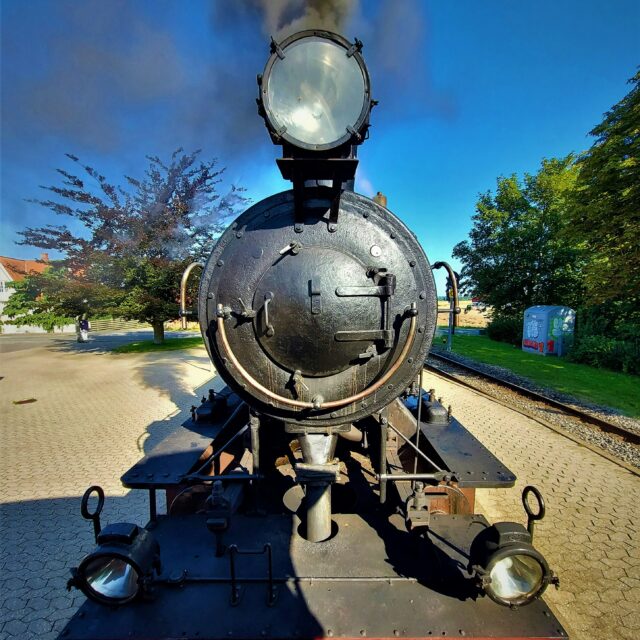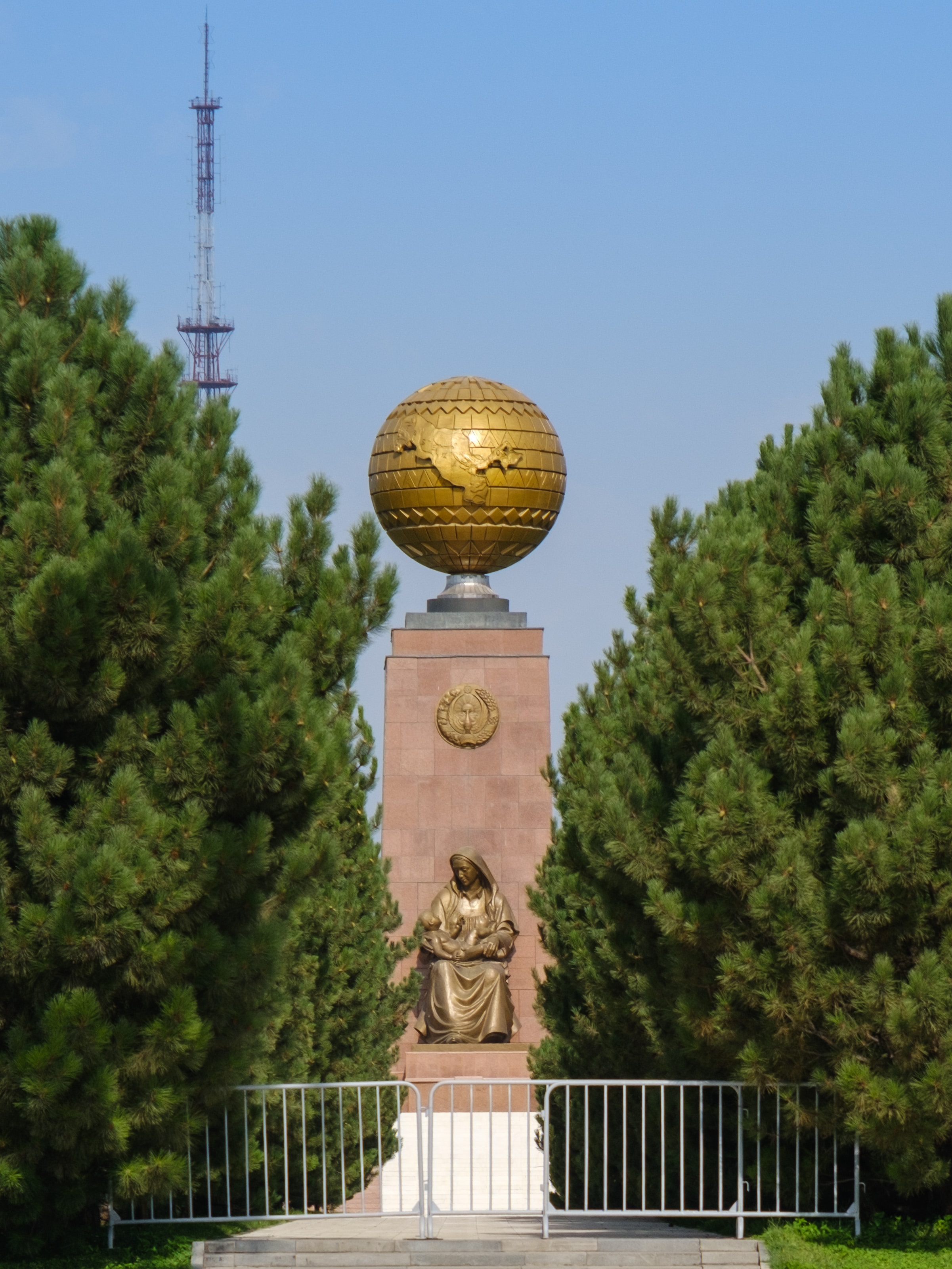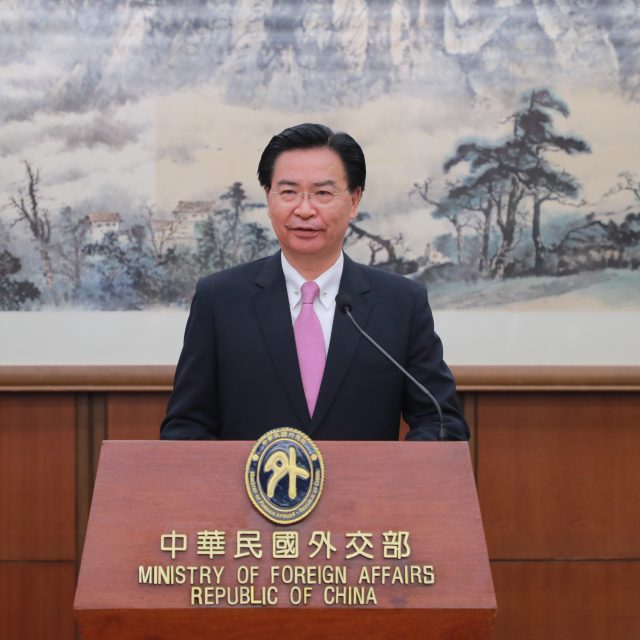Photo by Alex Radelich on Unsplash
Africa’s needs are bottomless, but they should also be seen as lungs that could breathe new life into flagging European economies. Sadly, this far from original proposition has yet to reverse Europe’s retreat from Africa, writes Giles Merritt.
EU policymakers would probably deny this and point to their new strategy for strengthening the Union’s role on the world stage. The €300 billion ‘Global Gateway’ initiative aims to reboot development aid, most of all to Africa, and push back against the rising influence of China and Russia.
It was launched two years ago with much official fanfare, but also met with a hail of criticisms. These ranged from ‘old wine in new bottles’, meaning it was merely a re-packaging of existing programmes, to the widespread charge that it is financially still too modest. It will indeed rely heavily on leveraging relatively limited EU funds in the hopes of attracting far greater private sector investment.
The main objection, however, is that it looks like more of the same. New name, old methods. In the case of Africa, which is to get half of the Global Gateway’s funding, a fresh layer of green energy policies has been added to familiar ones like poverty alleviation and humanitarian aid.
But it isn’t the genuine re-think urged by some development experts and NGOs. The European Centre for Development Policy Management, an independent think-tank, reports that “African policymakers have repeatedly emphasised that Europe needs a paradigm shift in how it sees Africa.”
If Europe is to claw back lost ground, it needs a more original and eye-catching approach; the EU should focus on two key areas that will determine Africa’s future – energy and agriculture. Without reliable electricity, Africa’s industrialisation will remain hamstrung. And unless its pitifully unproductive agriculture is streamlined, Africa won’t be able to cut its own mounting food imports bill, let alone feed a hungry world.
Meeting African needs in these two areas would kick-start stalled industries in Europe. It could also ensure that Europe’s privileged African relationships won’t be eroded by China and Russia. Such a strategy has global significance because electrification and food production hold the key to a continent that, within two generations, will number three billion people.
Two-thirds of sub-Saharan Africa still doesn’t have reliable electricity. Decades of talk by Western governments have made little dent in the blackouts that plague Africa, leaving China to supply the coal-fired power stations now polluting the skies. The EU may urge renewable green energies, but over a hundred more affordable carbon-heavy plants are either under construction in Africa or planned.
Some years ago the late Kofi Annan urged an ambitious electrification drive. The former UN chief proposed annual investments of $63 billion over 13 years, but this plan came to nothing.
Nuclear might be another option, although to date, only Egypt is building a modest nuclear plant, with Ghana and Nigeria hoping to follow suit. Ideas for SMRs – small modular reactors developed in the US by Westinghouse – look like an effective way to supply a small town or large factory, but for Africa, these have yet to leave the drawing board.
A viable energy Master Plan for 55 often fractious African states is a daunting proposition, but not beyond the EU’s capabilities. It would at least create a framework for urbanisation and industrial development. So, too, would be an EU-backed ‘infrastructure for agriculture’ strategy.
The first problem to be tackled would be wastage rather than low crop yields. Between a third and a half of Africa’s harvests never come to market because of pests, disease and moisture. A blitz on storage and transport facilities could create millions of jobs and reduce Africa’s spiralling food import bill, currently some €50 billion a year and forecast soon to double.
Africa’s food production needs to quintuple by 2050, says the World Bank, if price inflation and climate-induced famines are to be avoided. Achieving the ‘Green Revolution’ that has long eluded Africa would require a massive transfer of European agricultural technologies, and that in itself could help galvanise the EU’s stuttering efforts to re-think its own farm policy.
The complexities of EU decision-making have long been a barrier to a strategic European approach to Africa’s difficulties. Fragmented and poorly coordinated European efforts are proving a recipe for failures that both continents will come bitterly to regret. The Global Gateway acknowledges the EU’s need to up its game, but falls short of doing so.
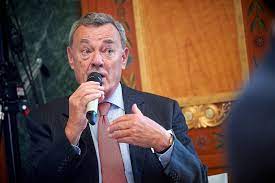
The Author, Giles Merritt, is the Founding Director of Friends of Europe.

